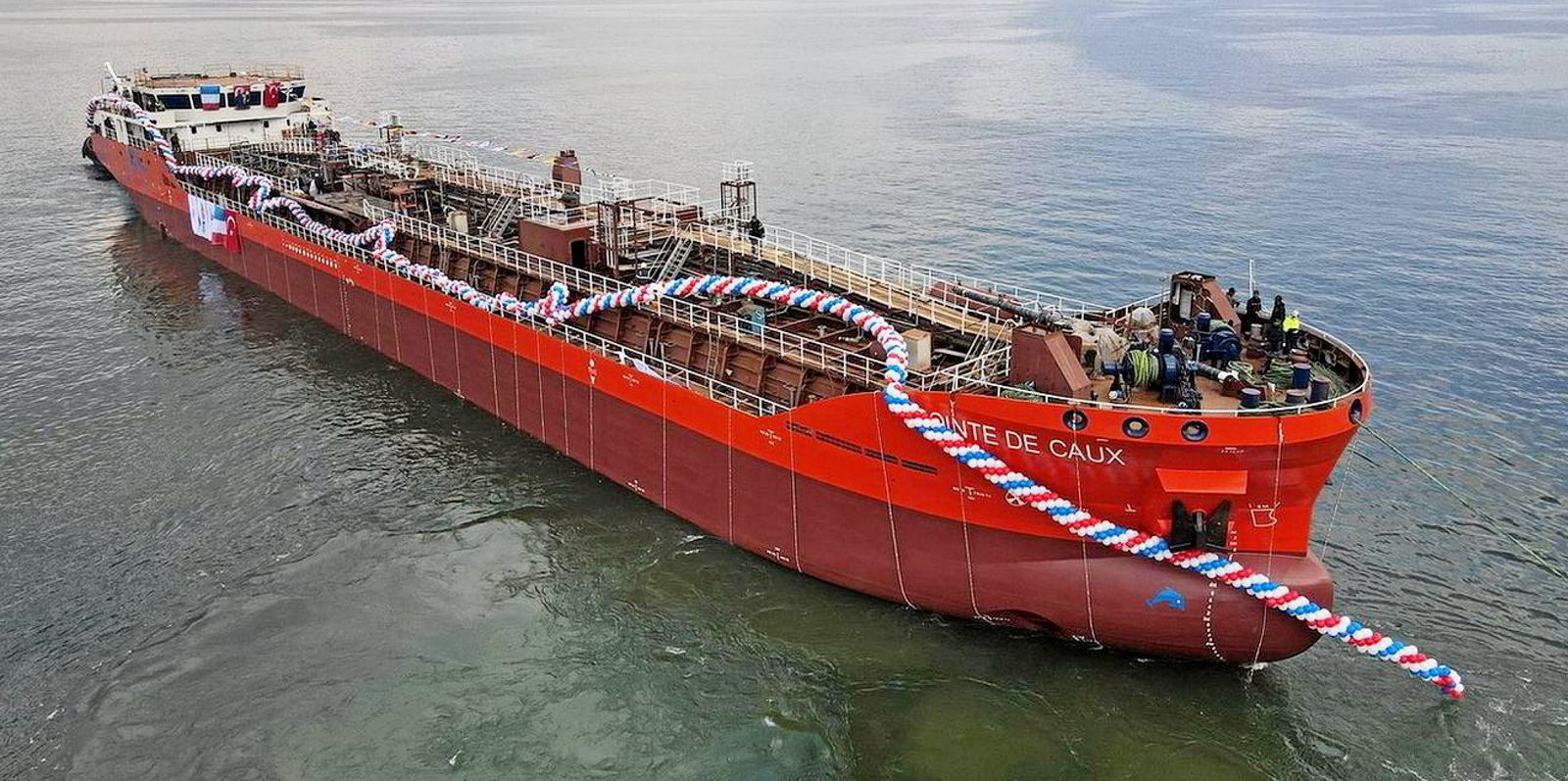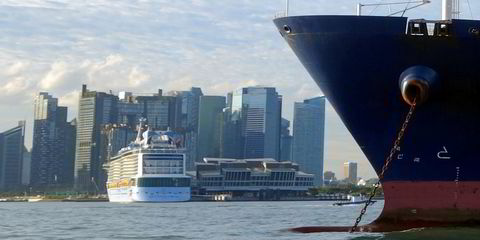Shipbroker Braemar ACM has raised its chemical tanker rate forecasts for the next 18 months as regional tightness keeps pushing earnings up.
The London shop’s joint venture with Womar Chemical Tanker Pools, Braemar Womar, aims to independently benchmark the earnings of the deepsea J19 market, covering stainless-steel ships between 19,000 dwt and 22,500 dwt.
Time charter equivalent (TCE) earnings on the 19 covered routes were up $2,000 per day during May, compared to April, in strong markets, the company said.
In April, Braemar Womar assessed non-eco J19-type vessels at between $13,000 and $14,000 per day, with eco ships at between $15,000 and $16,000.
Numbers are now 56% higher than at this point in 2021.
The company is forecasting rates of around $14,500 to $16,000 for the rest of 2022 and in 2023.
“However I would stress that this is a whole-year projection. The current market is a lot higher than this and if it continues it has the potential to change quite dramatically,” Braemar ACM’s lead chemical analyst Ben Cooke told TradeWinds.
If current market levels are maintained, projections will rise further, the broker said.
And the company notes it is surprising there has not been a significant shift in global volume, which is up only 4% from 2021, or in fleet size.
Middle East momentum
Instead the market remains fragmented, with certain regions out-performing others, the company believes.
Cooke said: “It’s difficult to say exactly what is pushing this market up. Tonne-miles may have played a role especially with the disruption of Russia.”
“However, I would say that its more a result of regional pockets of tightness. The Middle East Gulf especially has increased its exports last month [and] that has pushed freight and earnings up specifically in that area,” he added.
This is quite apparent when you compare the region’s earnings to those on routes into Europe, Cooke argued.
War effects
Braemar ACM still questions the sustainability of this current market spike, however, most notably because of the war in Ukraine.
“Besides the direct loss of volumes, which has not slowed the market yet, long-term consequences could be more damaging,” the company said.
“The combination of oil price, economic slow down and persistent inflation could begin to affect the larger downstream demand framework the chemical market relies on,” the broker added.
But it concluded: “Despite this, the long-term projection still suggests a tightening as global demand continues to grow and significant newbuilding investment remains subdued.”





